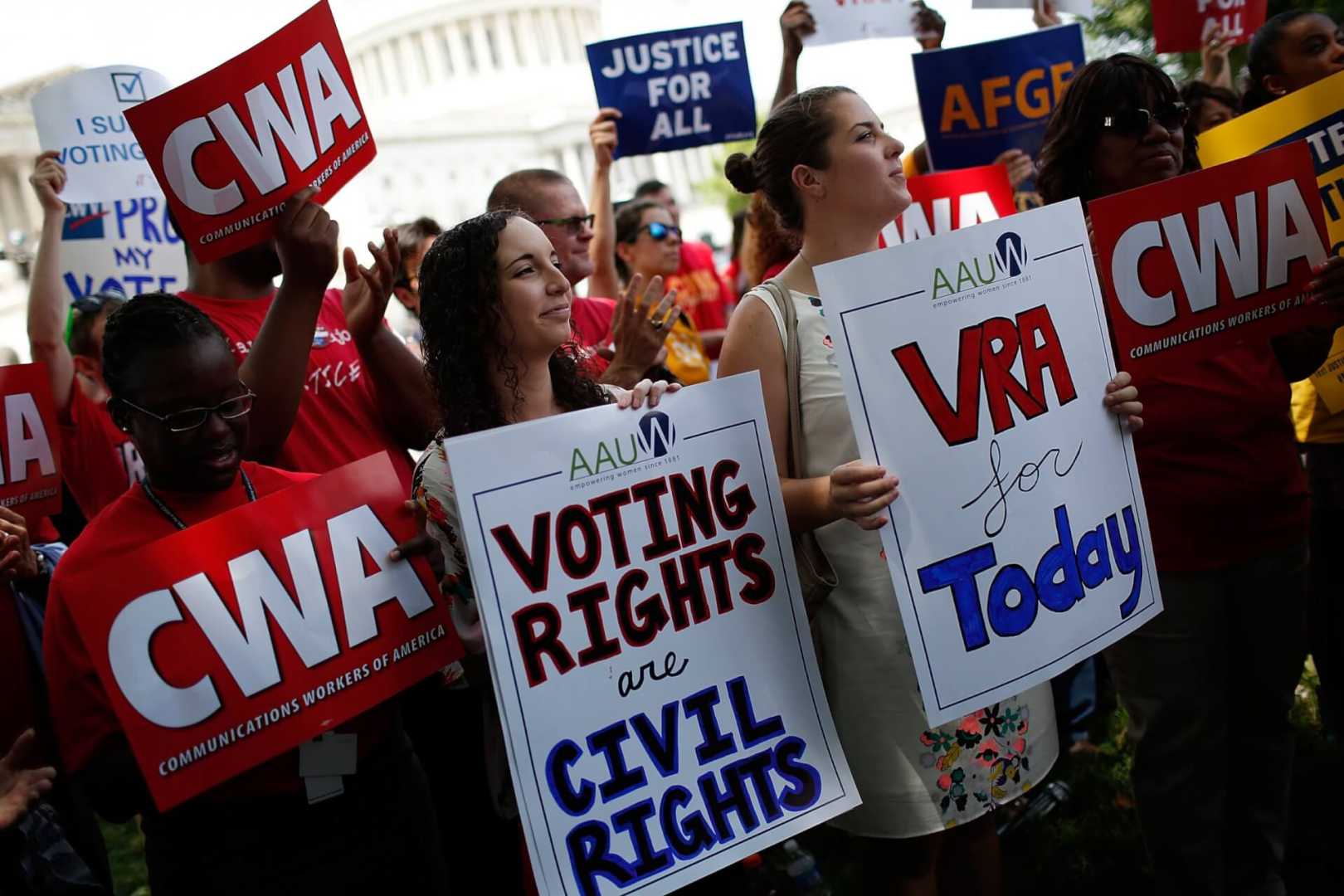Politics
New Legislation Threatens Voting Rights Amid Claims of Fraud

WASHINGTON, D.C. — A contentious new bill, known as the SAVE Act, is raising concerns among voting rights advocates as it proposes strict documentation requirements for U.S. voters. Introduced by U.S. Rep. Chip Roy (R-Texas) on Jan. 3, this legislation aims to amend the National Voter Registration Act to mandate proof of citizenship for voter registration. Supporters claim the measure is necessary to enhance electoral integrity, while critics argue it creates unnecessary barriers for eligible voters.
The SAVE Act, which passed in the House in 2024 but stalled in the Democrat-controlled Senate, has a higher likelihood of passage now that the Republicans hold a majority. Opponents of the bill highlight that most states do not require birthplace information on standard identification, effectively rendering many drivers’ licenses and state IDs inadequate for fulfilling the new requirements.
Only 25% of U.S. adults possess a passport, according to the U.S. State Department, meaning that many eligible voters could be disenfranchised if the SAVE Act is enacted. The American Civil Liberties Union (ACLU) contends that more than 21 million voting-age citizens could struggle to provide necessary documentation under the bill’s provisions.
Critics also argue that the stringent requirements disproportionately affect marginalized groups, including low-income individuals, the elderly, and communities of color. A 2024 study by the University of Maryland indicated that nearly 10% of voting-age U.S. citizens “cannot readily access” proof of citizenship. Access challenges would particularly impact populations such as young voters, many of whom lack traditional identification documents.
Rep. Roy defended the bill, stating, “American elections belong to American citizens, and the public’s confidence in those elections is the cornerstone of our republic.” Yet, many have criticized this perspective as rooted in unfounded fears of widespread voter fraud, a claim federal officials have debunked.
The SAVE Act also seeks to repeal protective measures established by the NVRA of 1993, which prevents states from purging voters close to an upcoming federal election. Such purges, often based on questionable practices, could lead to the wrongful removal of eligible voters. In states like Kansas and Arizona, similar laws have previously resulted in thousands of eligible voters being blocked from registration.
In Kansas, for instance, evidence from 2011 showed that about 12% of first-time registrants were hindered by strict proof-of-citizenship requirements. Voter access advocates assert that the resulting disenfranchisement has targeted young voters and those politically unaffiliated, leading to systemic inequity in voting access.
The proposed legislation has sparked a nationwide dialogue about voting rights and access. Voting rights organizations are urging citizens to contact their congressional representatives to express opposition to the SAVE Act and advocate for policies aimed at expanding voter access rather than making it more restrictive.
“If we speak up, we can make sure the SAVE Act never becomes law,” said one advocacy group representative. “All citizens should ensure they are registered to vote and encourage others to participate in the electoral process.”












